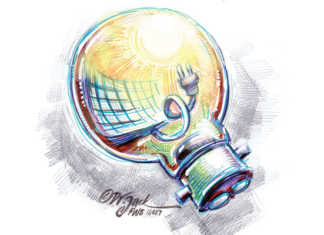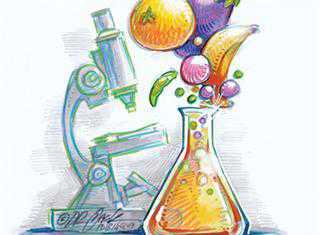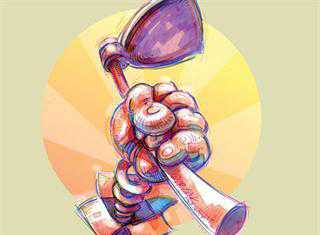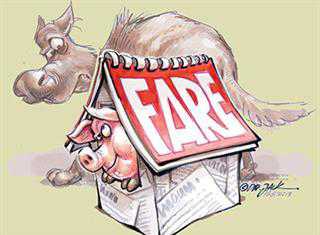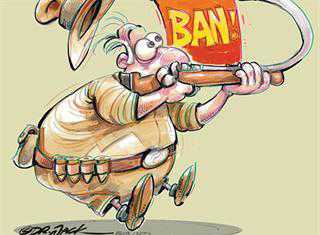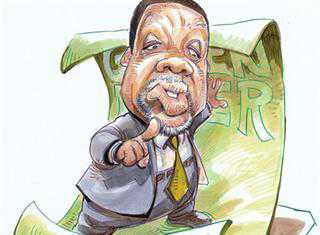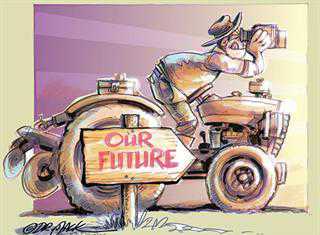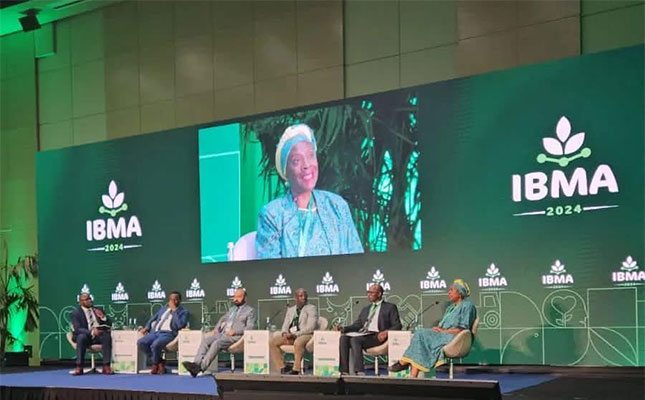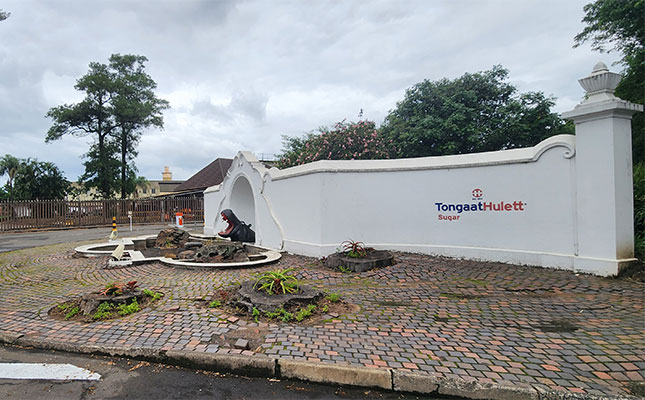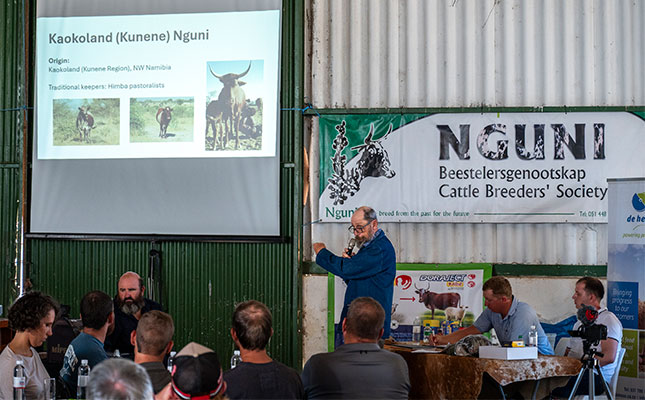Going against the grain
In a country of naysayers and prophets of doom, Grain SA members are positive about the future and dedicated to transformation, says Grain SA CEO Jannie de Villiers.
Get your own house in order, South Africa!
Government’s new regulations for the importation of cattle, sheep and goats are misguided and unrealistic, says Mecki Schneider, chairperson of the Namibian Livestock Producers’ Organisation.
Solar systems: fixing future energy costs
Although South Africa’s electricity prices are low by international standards, they are set to increase annually by 8% over five years. Gregor Kuepper, managing director of SolarWorld Africa, believes that solar energy will be crucial to meeting our energy needs.
How science & technology can benefit SA agriculture
The Department of Science and Technology’s recently released Bio-Economy Strategy outlines research and development initiatives for South African agriculture. A summary follows.
The future for small-scale farmers
Josh Becker, CEO of Impele Consulting Group, offers advice on how small-scale farmers in Africa can be assisted to modernise their farming practices.
Research will put more food on SA’s table
A South African study into the benefits of research proves that research and development is vital to a robust agricultural sector. ARC economist Aart-Jan Verschoor reports.
Reforming land reform
Land restitution in SA is currently concentrated on the issue of the ‘formerly dispossessed’. This is a recipe for disaster. The focus should be on food security and using land to its maximum economic potential, says TAU SA’s Danie du Plessis.
Africa is on the rise – are you?
Agri-business consultant, Peter Hughes, urges South Africans to set aside their entrenched biases and embrace Africa’s great economic turnaround.
‘FARE’ solutions for Western Cape agri woes
Income tax incentives for farmers providing housing to workers, and greater protection for farm workers’ rights, are some of the recommendations made in a report aimed at finding solutions to problems facing the agricultural sector in the Western Cape. The report has been compiled by a multi-stakeholder initiative,
consisting of the Future of Agriculture and the Rural Economy process.
Skills training is available
An agricultural skills training model is ready, but government take-up is not forthcoming, says education expert Dr Raymond Sparrow.
Botswana’s hunting ban fallout
Hans Vermaak, president of the Professional Hunters’ Association of South Africa (Phasa), explains why he is worried about Botswana’s looming hunting ban.
A billion mouths to feed by 2030 – time to make a plan
By 2030, the world will have one billion more mouths to feed. To meet this growing food need, we require a sustainable, enabling agricultural environment. Can this be achieved in 17 years? Nedbank Capital’s Zhann Meyer thinks it can, but we need to act now.
The broadband revolution
Australia is using broadband to revitalise farming. SA is falling behind, warns Santam’s Gerhard Diedericks.
Green Paper update
At the recent National Emergent Red Meat Producers’ Organisation’s annual general meeting, Minister of Rural Development and Land Reform Gugile Nkwinti spoke about the reasons for some of the department’s policies.
Agri SA to farmers: be realistic, yet positive
The past year in agriculture has been fraught with labour unrest and tense negotiations between organised agriculture and the state. Speaking at Agri SA’s annual congress in Pretoria, the organisation’s president, Johannes Möller, spoke about how realism was needed on both sides.
Managing change – FW de Klerk
According to Charles Darwin, the success of a species is not determined by its relative strength or intelligence, but by its ability to adapt to change. The same applies to countries, businesses and individuals, says former president FW de Klerk.
How to feed 9 billion people
There are seven billion people on earth today. It is estimated that by 2050, this will have increased to nine billion. Aidan Connolly of Alltech and Kate Phillips-Connolly of the Centre for Global Business Systems, Trinity College, discuss the role of agribusinesses in feeding this mega-population.
Farmers must secure their destiny
Addressing the Kwanalu congress last month, chairperson Brian Aitken urged farmers to share their skills with staff and developing farmers. This would help to create greater security and certainty in the commercial farming sector.
Ranching by the (law) book
Game ranchers are unhappy with the idea of treating certain indigenous species as aliens, writes Roelof Bezuidenhout.
Is this the end of the line for freshwater fishing?
Trout, carp and bass, introduced to SA more than 100 years ago, are now listed as invasive alien species. Fly fisherman Ian Cox talks about the impact of this on the freshwater fishing industry.
- ADVERTISEMENT -
- ADVERTISEMENT -
MUST READS
- ADVERTISEMENT -


